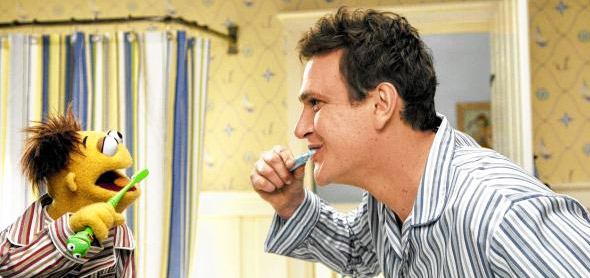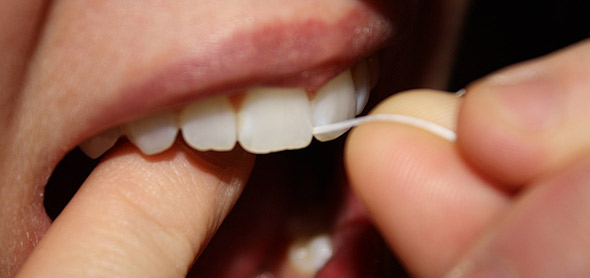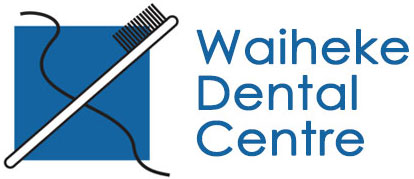Looking after your teeth is important, we all know that. But what's the best way to floss? What should you eat? How often should you brush? And lots of other questions. Here are eight tips on what we think you should know.
Throw away your old toothbrush
Replace your toothbrush with a new one, or change the head of your electric toothbrush, at least every three months. Otherwise, you're just transferring bacteria to your mouth. We at Waiheke Dental Centre advise that the best way to manually brush is by placing your toothbrush at a 45-degree angle against your gums and gently use a flick motion towards bite surface, rather than a back-and-forth motion. Grip the toothbrush like a pencil so you won't scrub too hard.
 Clean your tongue
Clean your tongue
Use a tongue scraper every morning to remove tongue plaque and freshen your breath. One major cause of bad breath is the build-up of bacteria on the tongue, which a daily tongue scraping will help banish. Plus, using a tongue scraper is more effective than brushing your tongue with a toothbrush, says our hygienist Melanie.
Eat 'detergent' foods
Foods that are firm or crisp help clean teeth as they're eaten. We already mentioned apples (otherwise known as nature's toothbrush); other choices include raw carrots, celery, and popcorn. For best results, make 'detergent' foods the final food you eat in your meal if you know you won't be able to brush your teeth right after eating.
Gargle with alcohol-free mouthwash
Do this in the morning and then brush as usual. This helps help remove stains, whiten teeth, and kill bacteria in your mouth and gums.
Brush your teeth with baking soda once a week
This will remove stains and whiten your teeth. Use it just as you would toothpaste. You can also use salt as an alternative toothpaste. Just be sure to spit it out so it doesn't count as sodium intake! Also, if your gums start to feel raw, switch to brushing with salt every other day.
Stay fresh
To check the freshness of your breath, lick your palm and smell it while it's still wet. If you smell something, it’s time for a sugar-free breath mint. Shopping for mouthwash? Make sure it is alcohol-free. Most over-the-counter mouthwashes have too much alcohol, which can dry out the tissues in your mouth, making them more susceptible to bacteria.

Practise flossing with your eyes shut
If you can floss without having to guide your work with a mirror, you can floss in your car, at your desk, while in bed, and before important meetings. In which case, buy several packages of floss and scatter them in your car, your desk, your purse, your briefcase, your bedside table.
Brush your teeth when you first get out of bed and before you get back in at night.
They're the two most crucial times. That’s because saliva (which keeps cavity-causing plaque off teeth) dries up at night, so it’s best to have all plaque cleaned off the teeth before sleep. It’s also important to brush first thing in the morning to brush off plaque and bacteria (morning breath!) that may have built up as you slept.
